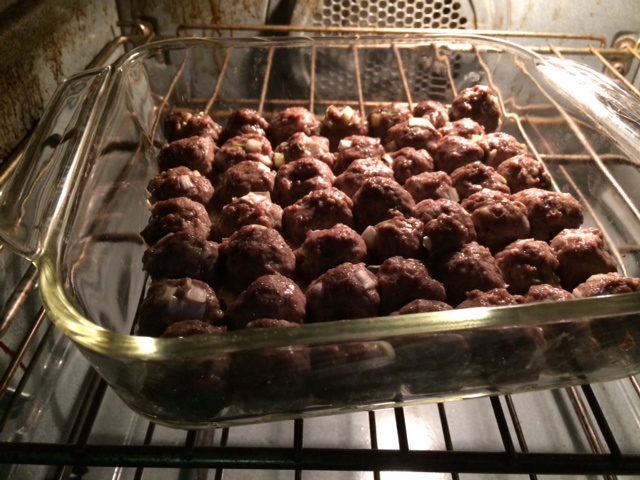I have not gone into our personal journey on this blog because it wasn’t really intended to be about me, but rather about cooking for a child with multiple intolerances.
But something has happened recently that I feel that I must share. It is why there have been no posts this month until today. It is something amazing and overwhelming and just plain awesome.
My family are all scientists. Not just my parents and sibling, but extended family too like aunts and uncles. As a result when someone says something or when a study hits the news we immediately examine the structure of the experiment to see if it actually proves anything or if its buggy. There are a lot of experiments that get published that would get you a C- in a 7th grade science class. Then they get picked up by the media and twisted and then suddenly people think that there is evidence of something when there isn’t. Sometimes the people designing the study do a bad job and sometimes the study is fine and it is just that the reporting on the study is atrocious.
Over the years of writing this blog I have read literally hundreds and hundreds of studies on the way that food affects the brain. Many could be used to teach children how NOT to design an experiment (twelve people is not statistically significant). Others, however, are quite good and have very intriguing results. The ones that are well designed, tested on humans and then repeated by unrelated scientists who get the same result tend to catch my eye.
So after being trapped in the house watching an endless stream of public television fundraising videos on diet and the brain, followed immediately by the latest IEP meeting where ATTENTION ISSUES was repeated ad nauseam, along with the repeated mention of good days and bad days and a child who was one way in the morning and different in the afternoon, a hypothesis formed in my mind.
There are many inconclusive studies on diet and ADHD, which seem to show that sometimes removing colors works and sometimes it doesn’t matter. Sometimes removing gluten and dairy works and sometimes it doesn’t matter. The problem with these studies is that they all suffer from a particular bias called Occam’s Razor. They all assume that there is ONE cause for a problem. What if that isn’t true? What if the problem is more of a linear algebra problem with multiple variables and multiple equations? What if the problem is not the thing, but the combination of things?
This led me back to one of the most interesting studies were done on children with ADHD. It is called the INCA study. The researchers were attempting to prove only that diet somehow causes ADHD, so they took a sample of children all of whom had ADHD. They divided them into an experimental group and a control group. The experimental children ate what is called a few foods diet for one month (this is an unsustainable diet which literally contains only about five or seven foods). The few foods diet removes so many foods that it removes all of the top twelve allergens as well as all additives, all preservatives, and almost all salicylates.
In this well designed study, 64% of the children recovered from ADHD within a month.
Per the article by the Dutch team which was published in Lancet
“the restricted elimination diet had a significant beneficial effect on ADHD symptoms in 32 (64%) of 50 children, and reintroducing foods led to a significant behavioural relapse in clinical responders. Blood tests assessing IgG levels against foods did not predict which foods might have a deleterious behavioural effect. The effect of the diet was consistent and had a similar effect in reducing both ADHD and oppositional defiant disorder symptoms”
Read the entire study for yourself here.
http://www.thelancet.com/journals/lancet/article/PIIS0140-6736%2810%2962227-1/fulltext
Read the studies that came before it but were smaller, less well controlled, preliminary yet had the same result for yourself here
http://www.ncbi.nlm.nih.gov/pmc/articles/PMC1029619/
http://www.thelancet.com/journals/lancet/article/PIIS0140-6736%2885%2991206-1/abstract
http://www.ncbi.nlm.nih.gov/pubmed/18431534
http://www.ncbi.nlm.nih.gov/pubmed/8179235
So now we have a hypothesis. Some food combination that these children are eating is causing these behavior problems. They are not bad, spoiled, poorly parented, or undisciplined. They have been fed something that makes them act this way. We have multiple unrelated studies that have the same result. Several studies were published always in respected journals. In every case the vast majority of the children got much better with the diet, and in every case the children relapsed when the offending foods were reintroduced. All sample sizes were statistically significant.
And this has never been mentioned to me as an option because….
So if I try it and it doesn’t work, what is the risk? So he eats a limited diet that is still balanced for a few weeks. Heck, I have seen kids live on crackers, macaroni and cheese and yogurt for two weeks.
Well we did it. And that, as they say, is a story for another day…


